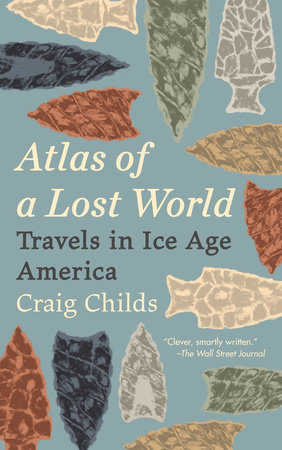So, actual book talk.
Killer In The Rain – this is the last bit of Chandler I’ve got around to reading, and it’s taken a while because of how bad a taste Playback left in my brain. This is the other end of Chandler’s career though, his early short stories for pulp magazines, which were recycled to varying degrees for the later novels.
Even having read the novels, it’s quite interesting to read the original shorts and they largely stand up as an alternative take on them. For instance, there’s three shorts that make up pretty much the entirety of Farewell My Lovely (one of my favourites of the novels) and they stand up pretty well individually. Chandler’s style is pretty well established from the off and there’s very little that changes from here to the full length pieces other than that he spends more time on imagery about the city and minor philosophical ramblings in the later works.
That said, The Mandarin’s Jade is a real stinker though. It’s one of the constituent parts of Farewell My Lovely and yet is just absolutely rife with racism that isn’t present elsewhere. I mean, there’s the racism to some degree in all of Chandler’s work and most of it can be put down to “it was the style of the times” – dated slang and attitudes and whatnot – but Mandarin’s Jade is a whole step beyond that. There’s a Native American character that reads like he’s just stepped out of the Beano’s Little Plum and it’s full of unpleasant racial slurs. An odd aberration.
Life Moves Pretty Fast by Hadley Freeman. I read this over New Year and it’s a book about the life lessons to be found in 80s movies (the mainstream ones, not “cinema”) and why you wouldn’t get them in modern movies. I mean, when it says “to be found” it really means “that the author found” in them, but that’s fine. It’s largely an interesting read and certainly spurred in me a drive to watch or rewatch a huge long list of films. The chapter on Tim Burton’s Batman is a bit crap though, as it seems more interested in explaining why Christopher Nolan’s Batman films are bad rather than anything about Burton’s. A decent read if you like 80s films.
Everyone’s Just So So Special by Robert Shearman. I’m a few stories into reading this now, a short story collection by Shearman, who you may remember wrote arguably the best episode in the first season of modern Doctor Who and then didn’t do another. He’s done a lot of work for Big Finish though, who published this (and his other collections).
It’s hard going. Not because of the subject matter (although, yes because of that, but I’ll come back to it), but from the layout and construction alone. It’s a big book, in dimension terms, for a paperback. Not at trade-paperback levels (the prose tpbs are the same size as hardcovers) but big still, and the margins and gutters are fairly small. The text dominates each page and Shearman doesn’t always bother with line breaks for new speakers, so you end up with huge slabs of text, monolithic paragraphs.
On top of this, between each story is a instalment of a sort of timeline of historical failures/death (mostly Roman emperors so far), with comments from someone (not necessarily Shearman, but maybe?) injected occasionally. These are presented in a tiny typeface (7 pt maybe) with no formatting beyond bold and italics, so it’s just another solid block of text filling a page. I’m having to use a bookmark as a line guide, which I don’t think I’ve done since primary school, if ever.
The stories themselves are also hard going to a degree too. I’m three in and they’re all incredibly bleak. Inventive and clever and interesting, but so bleak. The one I just read for instance is about a guy who becomes a curator at a gallery that houses years, not paintings. He’s been assigned by the Curator, who seems to run this civilisation. The guy is put off a bit by the woman he’s assisting, but soon falls in love with her, though they begin to forget, as working on cleaning up the years they’re assigned starts to get into their heads, displacing their memories. Eventually, the (unseen) Curator decides that they need to stop restoring and start editing the years a bit, to make them have a narrative build to the final year – 2038 – which he sees as his final triumph, before deciding that actually, none of the others matter and he wants them all destroyed. It slowly becomes apparent that the Curator is the anti-Christ and these people are living in hell after the Rapture or whatever in 2038. The two restorers see all the years in the gallery destroyed, but save the one insignificant year the guy was training on, take it up to the now ruined Earth and spread it out across the planet, to live in and hide from the inevitable wrath of the Curator. Which… yeah.
So it’s not an easy read. Not something I feel I can just dip in and out of at the drop of a hat anyway, so I might break my cardinal rule and read a comic concurrently with it, as a bit of light relief (got a Lee/Heck Avengers Epic waiting). But it is interesting and enjoyable, on some level, and really makes me rue that someone this inventive seemingly decided he was done with Doctor Who after just one (TV) story.







